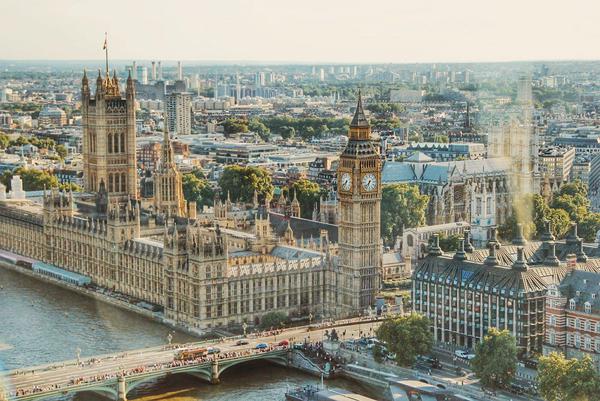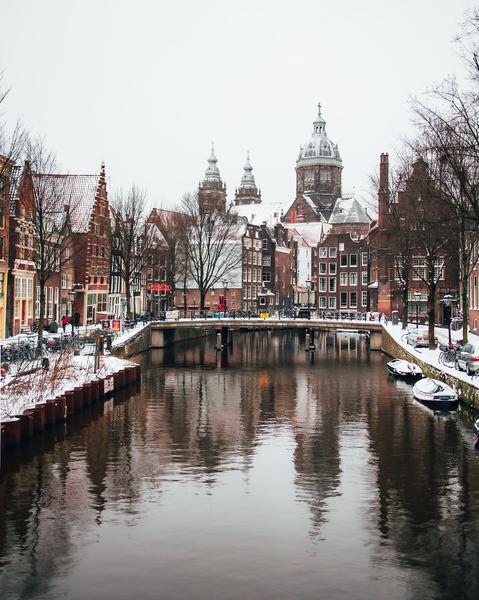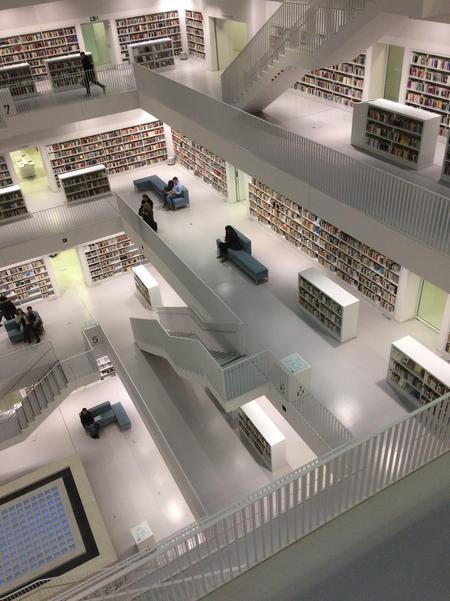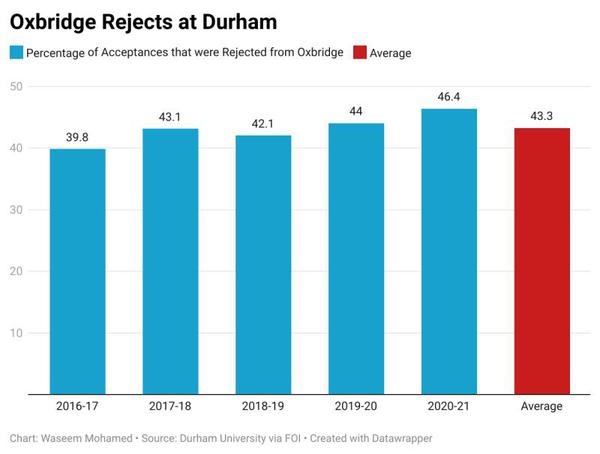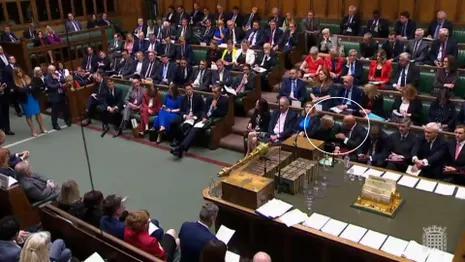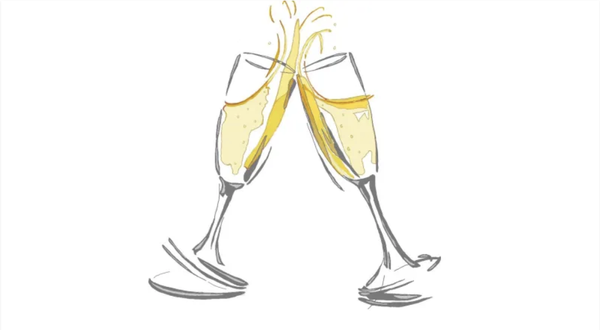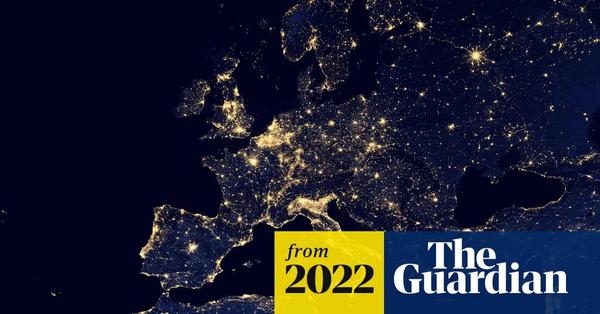
Overworked and underpaid: how Durham treats its Postgraduate Researchers
From leading seminars to marking first-year essays, Postgraduate Researchers (PGRs) form the backbone of Durham University’s teaching provision. Even though they face the additional challenge of balancing their teaching duties with a full-time degree, many PGRs are extraordinarily passionate about their work, and without them the University would likely cease to function.
However, a recent Palatinate investigation has uncovered a series of issues surrounding the working conditions of PGRs. Over
However, a recent Palatinate investigation has uncovered a series of issues surrounding the working conditions of PGRs. Over

